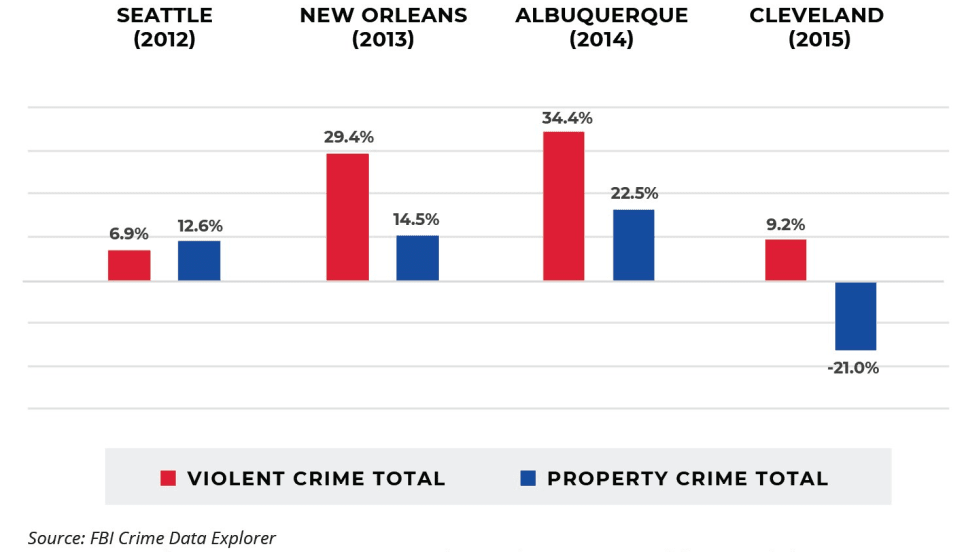The National Association of School Resource Officers (NASRO) issued the following statement by executive director Mo Canady regarding last week's school policing recommendations from the U.S. Departments of Education and Justice:
The U.S. Department of Education and U.S. Department of Justice sent letters to schools nationwide in which the departments made specific recommendations regarding the use of law enforcement officers in schools (commonly called "school resource officers" – SROs). These recommendations include:
Ensuring that law enforcement officers have no role in administering formal school discipline.
Requiring SROs to receive specialized training, including education in youth development.
Implementing written memoranda of understanding between educational institutions and law enforcement agencies.
NASRO has long advocated for all of the above.
Like Education Secretary King, we believe that administering formal school discipline belongs solely in the hands of educators, and that educators should be well trained to address behavioral issues through a variety of interventions that do not involve law enforcement officers.
NASRO not only supports the requirement of specialized education for SROs, our organization provides such training around the nation and internationally. Our 40-hour Basic School Resource Officer course, for example, includes topics such as:
The SRO as a Teacher/Guest Speaker.
Diversity.
Understanding Special Needs Students.
The SRO as an Informal Counselor/Mentor.
Understanding the Teen Brain.
Violence and Victimization: Challenges to Development.
We also believe that not every law enforcement officer is well-suited to a school-based assignment and that SROs should be carefully selected based on criteria designed to ensure their success.
NASRO believes that written memoranda of understanding are essential to successful implementation of any SRO program. Such documents should clearly define the roles of law enforcement officers who work in schools.
We welcome any educational institution or law enforcement agency to contact us for information on school policing best practices and their implementation. NASRO is eager to assist.
About NASRO
NASRO is a nonprofit organization for school-based law enforcement officers, school administrators, and school security and safety professionals working as partners to protect students, school faculty and staff, and the schools they attend. NASRO is located in Hoover, AL, and it was established in 1991. For more information, visit www.nasro.org.





